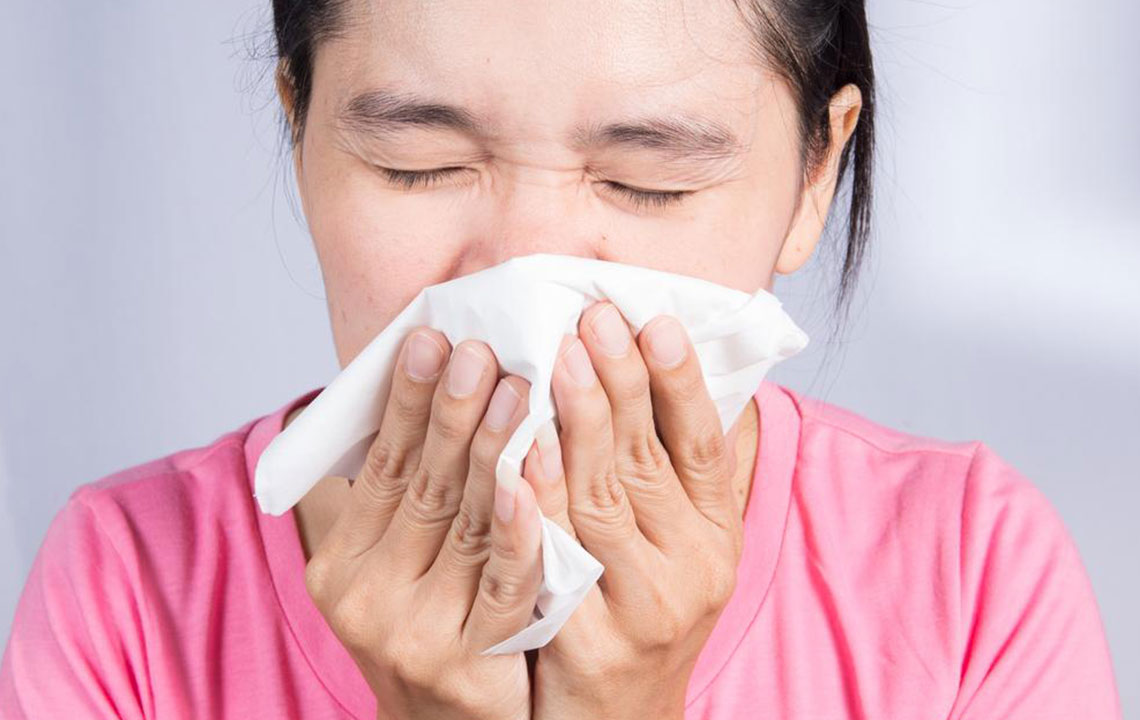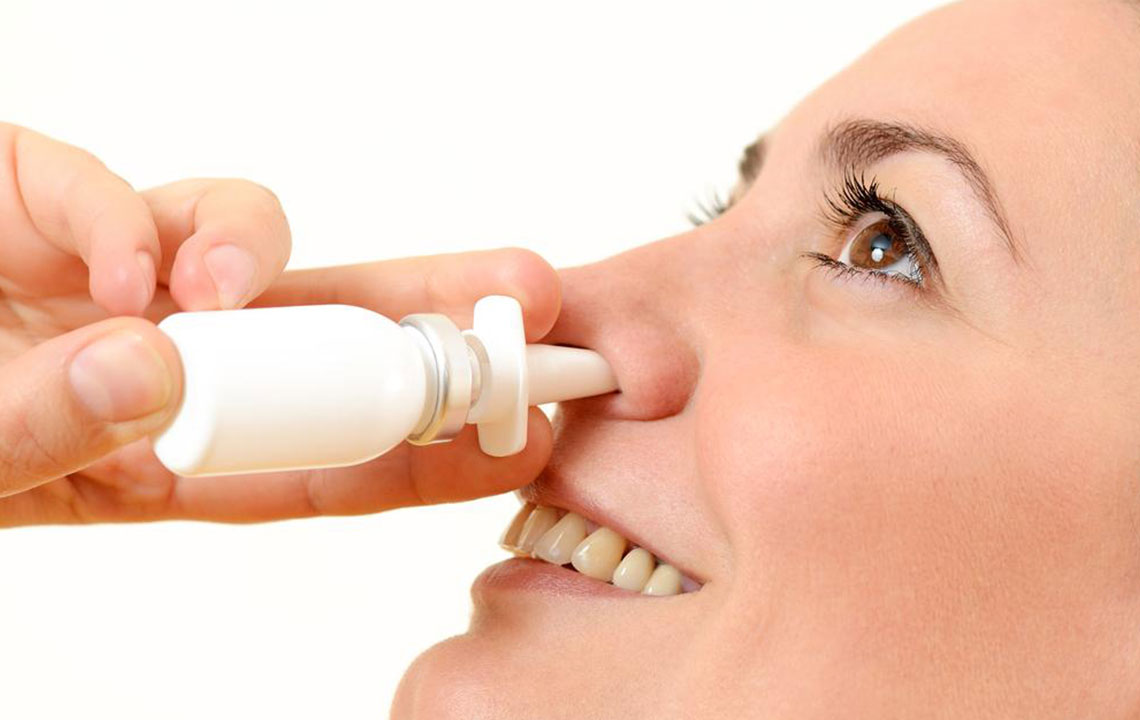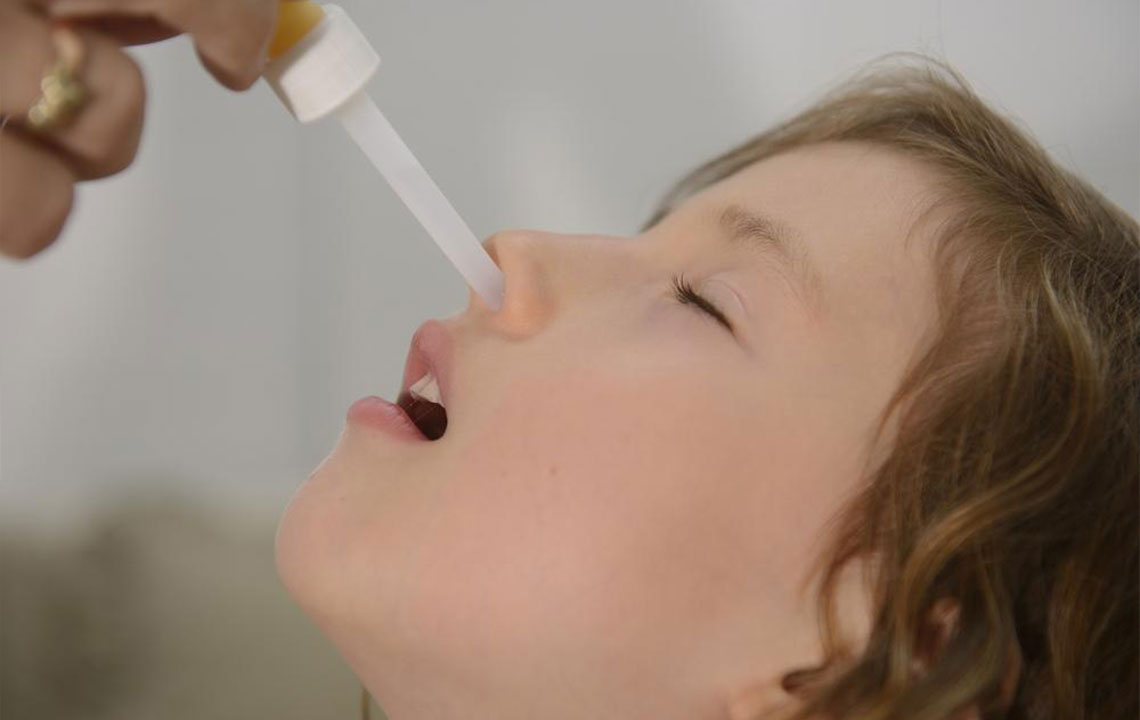Effective Methods to Relieve Severe Nasal Congestion and Blockage
This extensive guide offers practical and effective strategies for alleviating severe nasal congestion caused by colds, allergies, and sinus issues. It covers over-the-counter medications, home remedies, and lifestyle modifications to help you breathe easier. Learn how to use decongestants, antihistamines, steam inhalation, and natural remedies to reduce inflammation and mucus buildup. Ensuring proper nasal care can improve sleep, comfort, and overall health. If symptoms persist, consulting healthcare providers is recommended for targeted treatment. Achieve better respiratory health with these comprehensive tips.

Effective Methods to Relieve Severe Nasal Congestion and Blockage
Nasal congestion resulting from colds, allergies, sinus infections, or other respiratory conditions can be incredibly uncomfortable and disruptive to daily life. When the nasal passages become blocked, breathing can become labored, leading to sleep disturbances, fatigue, and overall discomfort. Identifying the most effective strategies to alleviate severe nasal obstruction is essential for quick relief and overall health maintenance. This comprehensive guide explores various treatments, home remedies, and lifestyle adjustments to help you breathe easier and reduce nasal congestion naturally and efficiently.
Understanding the causes of nasal blockage is the first step toward effective relief. Common causes include viral infections like the common cold, allergic responses to pollen, dust, pet dander, and sinus infections or inflammation. The swelling of mucous membranes and excess mucus production are typical physiological responses that lead to congestion. Managing these symptoms involves both short-term relief techniques and long-term strategies to prevent recurrence.
Below are some proven treatments, home remedies, and lifestyle adjustments that can significantly reduce nasal congestion, helping you breathe more freely and comfortably.
Over-the-counter remedies
Many individuals turn to non-prescription medications to manage severe nasal blockage. While convenient and accessible, it's important to use these remedies responsibly and understand their potential effects and limitations. Common OTC options include:
Decongestants
Decongestants are among the most effective medications for reducing nasal swelling and relieving sinus pressure. They come in various forms, including nasal sprays and oral pills. Common active ingredients include phenylephrine, oxymetazoline, and pseudoephedrine. Nasal sprays like Afrin (oxymetazoline) can provide quick relief but should be used for no longer than three consecutive days to avoid rebound congestion. Oral pseudoephedrine can be used for longer periods but may cause side effects like insomnia, increased blood pressure, or nervousness. Always adhere to dosing instructions and consult a healthcare professional if symptoms persist.
Antihistamines
Especially useful when nasal congestion is allergen-induced, antihistamines help control allergic reactions and reduce inflammation. They are available in various forms, including tablets, liquids, and nasal sprays. Common antihistamines include loratadine, cetirizine, and diphenhydramine. Be aware that some antihistamines cause drowsiness, so plan their use accordingly, especially if you need to remain alert. They also help manage sneezing and runny noses associated with allergies.
Using these OTC medications can often provide rapid relief, but they work best when used appropriately and in conjunction with other home care methods.
Home care options
In addition to medications, several home remedies can effectively manage nasal congestion. Keeping nasal passages moist and clear is key to easing airflow. Some practical home care strategies include:
Using vaporizers or ultrasonic humidifiers to moisten the air, preventing the nasal tissues from drying out
Taking hot showers or inhaling steam from a bowl of hot water to loosen thick mucus
Increasing fluid intake, such as water, herbal teas, and broths (excluding milk, which can increase mucus production)
Applying saline nasal sprays or rinses (like neti pots or bulb syringes with sterile water) to flush out mucus and allergens
Elevating your head with pillows while resting or sleeping to facilitate mucus drainage
Avoiding chlorinated pools and environments with harsh chemicals that irritate nasal tissues
Additional tips include using a damp towel or warm compress on the face, which can reduce facial pressure and improve comfort.Beyond these, other effective home remedies include:
Adding garlic to meals due to its natural antibacterial, antiviral, and antifungal properties
Gargling warm salt water to soothe sore throats and clean nasal passages
Applying mentholated ointments or balms on the nose and forehead to open up nasal passages
Consuming hot herbal teas infused with honey to soothe the throat and promote mucus thinning
If symptoms are persistent or worsen despite these measures, it is crucial to seek medical advice. Persistent nasal congestion might indicate underlying issues such as sinusitis, nasal polyps, or other structural or health problems that require professional intervention.
Incorporating these strategies into your daily routine can help manage and prevent severe nasal congestion, improving your overall respiratory comfort and quality of life. Remember that combining medication, home remedies, and lifestyle changes is often the most effective approach to tackling nasal blockage.





